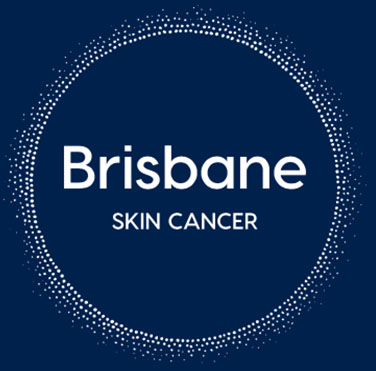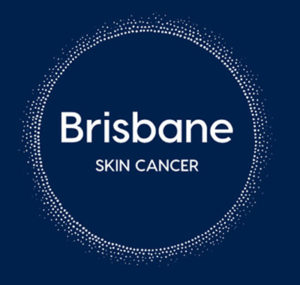Skin Cancer Check in Brisbane – Why Early Detection Could Save Your Life
In a city like Brisbane, where skin cancer rates are among the highest in the world, booking a regular skin cancer check in Brisbane is one of the most important things you can do for your health.
At Brisbane Skin Cancer, we’re not just another clinic – we’re a doctor-owned, non-corporate practice focused on delivering procedural expertise and genuine patient care.
We see skin cancer every day. And what we know for sure is this: early detection saves lives.

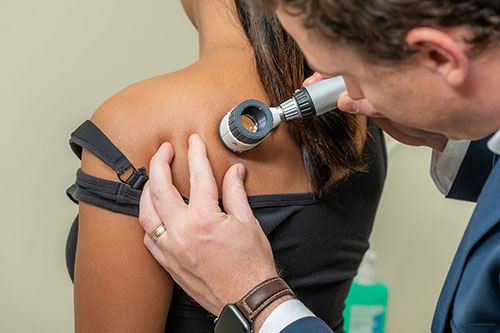
The Skin Cancer Statistics Every Brisbane Resident Should Know
2 in 3 Australians will be diagnosed with skin cancer by the age of 70
More than 2,000 Australians die from skin cancer each year
Over 2,500 skin cancer treatments are performed every day
Queensland has one of the highest rates of UV exposure in the country, and that puts Brisbane locals at even higher risk. That’s why regular checks aren’t optional. They’re essential.
What Happens During a Skin Cancer Check?
A proper full-body skin cancer check means a trained doctor will examine every part of your skin from head to toe using a specialised tool called a dermatoscope. This device helps us assess moles and freckles with magnification and polarised light, allowing early signs of skin cancer to be picked up well before they become visible to the naked eye.
At Brisbane Skin Cancer, your check will include:
A thorough visual exam by a doctor with surgical training
Magnified imaging and documentation of any suspicious lesions
A full explanation of findings and your personalised risk profile
Recommendations for next steps: biopsy, removal, or monitoring
You’ll stay in your undergarments during the exam, and your comfort and privacy will be respected at all times.
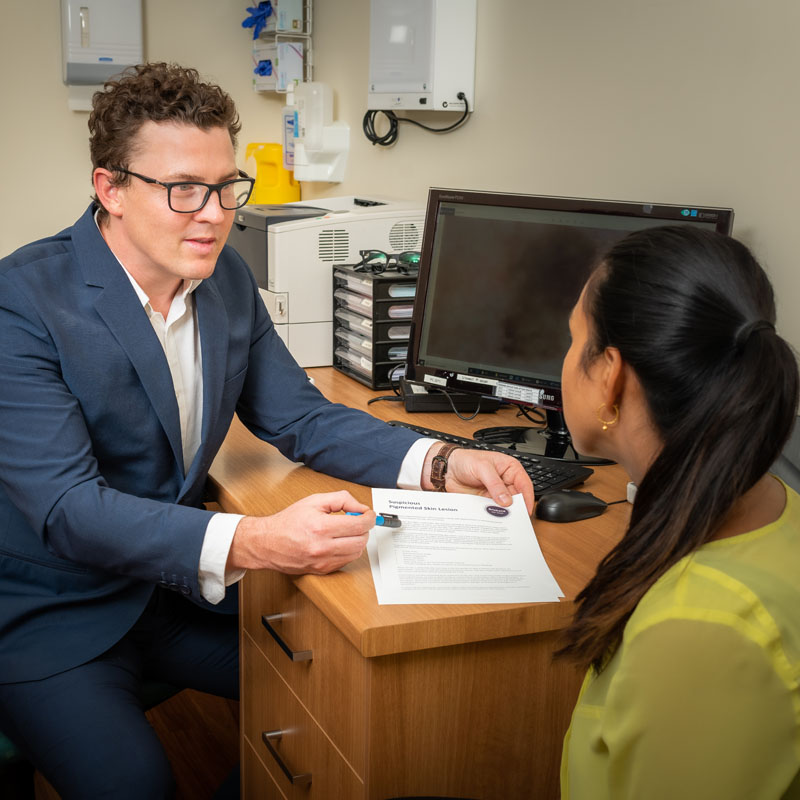
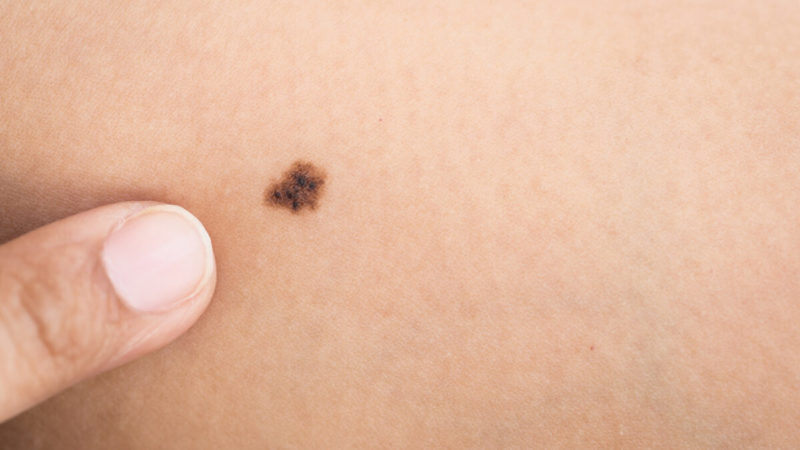
What Are the Signs of Skin Cancer?
While professional checks are vital, it’s also important to monitor your own skin. Look out for:
Moles or spots that change in size, shape or colour
New growths that itch, bleed or don’t heal
Irregular borders, uneven colour or rapid changes in appearance
Not all dangerous lesions look suspicious. In fact, many people come in concerned about one spot, only for us to find a completely different mole that needs urgent attention.
How Often Should I Get Checked?
Most patients should have a skin cancer check every 12 months. If you’ve had previous skin cancer, are fair-skinned, or spend a lot of time outdoors, your doctor may recommend more frequent monitoring.
Why Choose Brisbane Skin Cancer?
We’re not a high-volume, corporate chain. Brisbane Skin Cancer is a family-owned clinic, operated by experienced doctors who value long-term relationships and personalised care over fast turnover.
When you book with us, you’ll be seen by either Dr Michael McKeough or Dr Austin Lang both of whom have advanced surgical training and a genuine commitment to early detection and prevention. They take the time to explain findings, answer your questions, and make sure you fully understand any next steps.
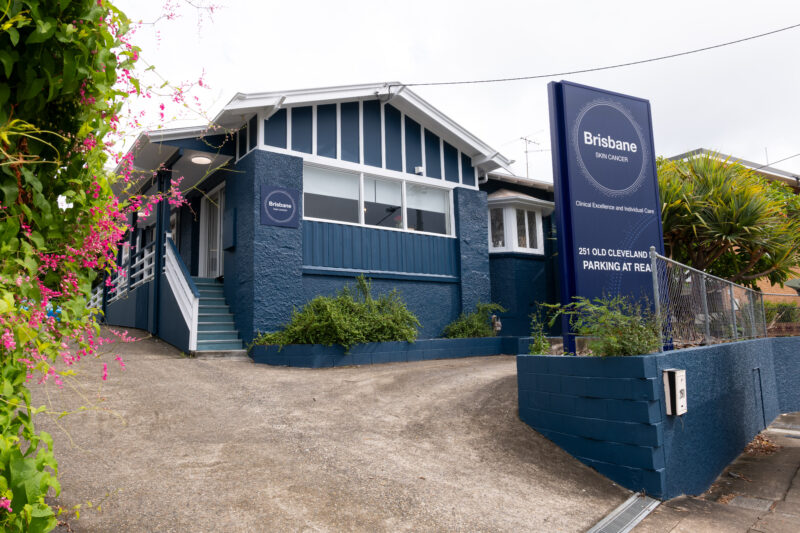
Doctor-operated clinic (not corporate-run)
Surgical capability onsite for biopsies and removals
Family-owned practice with a focus on personalised service.
Capped out of pocket expenses for procedures
Brand new, modern rooms designed for comfort and privacy
Centrally located for Brisbane residents
Ready to Book a Skin Cancer Check in Brisbane?
If you’ve never had a full skin check, or it’s been more than a year since your last one, now’s the time to act.
A quick appointment today could prevent a serious diagnosis tomorrow.
Frequently Asked Questions
How long does a full skin cancer check take?
Do I need a referral to book a skin cancer check?
What should I wear to a skin check appointment?
Will the doctor use any equipment during the check?
Yes. Our doctors use a dermatoscope, which allows close, magnified examination of your skin. Any suspicious lesions may also be photographed for monitoring or treatment planning.
What happens if something suspicious is found?
Your doctor will explain their findings and recommend next steps, which may include monitoring, a skin biopsy, or immediate surgical removal — often performed onsite.
Is the check covered by Medicare?
We do not offer bulk billing, but out-of-pocket fees are capped. This allows us to provide comprehensive care without time pressure. Medicare rebates may still apply depending on your appointment.
